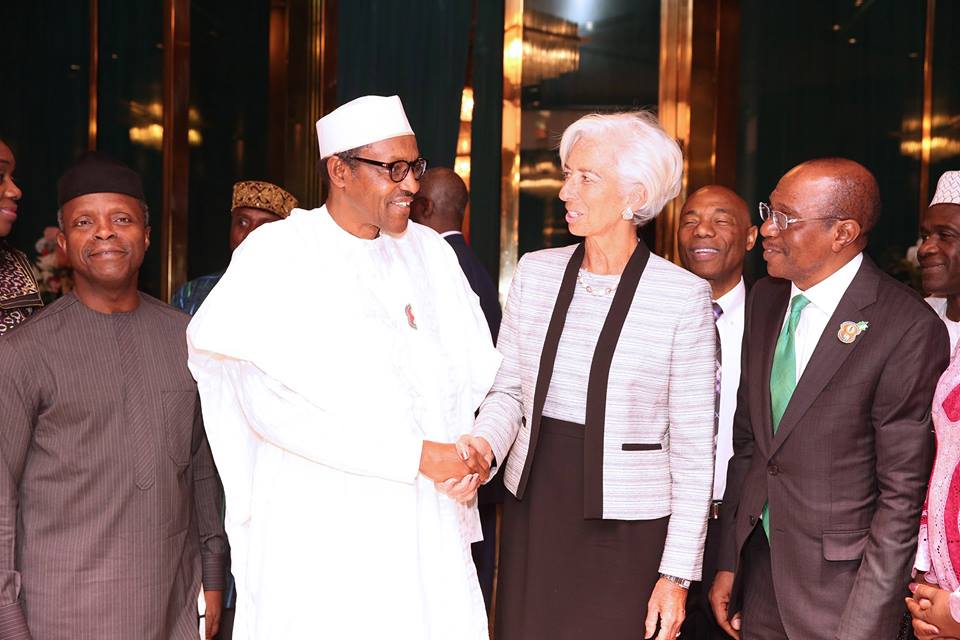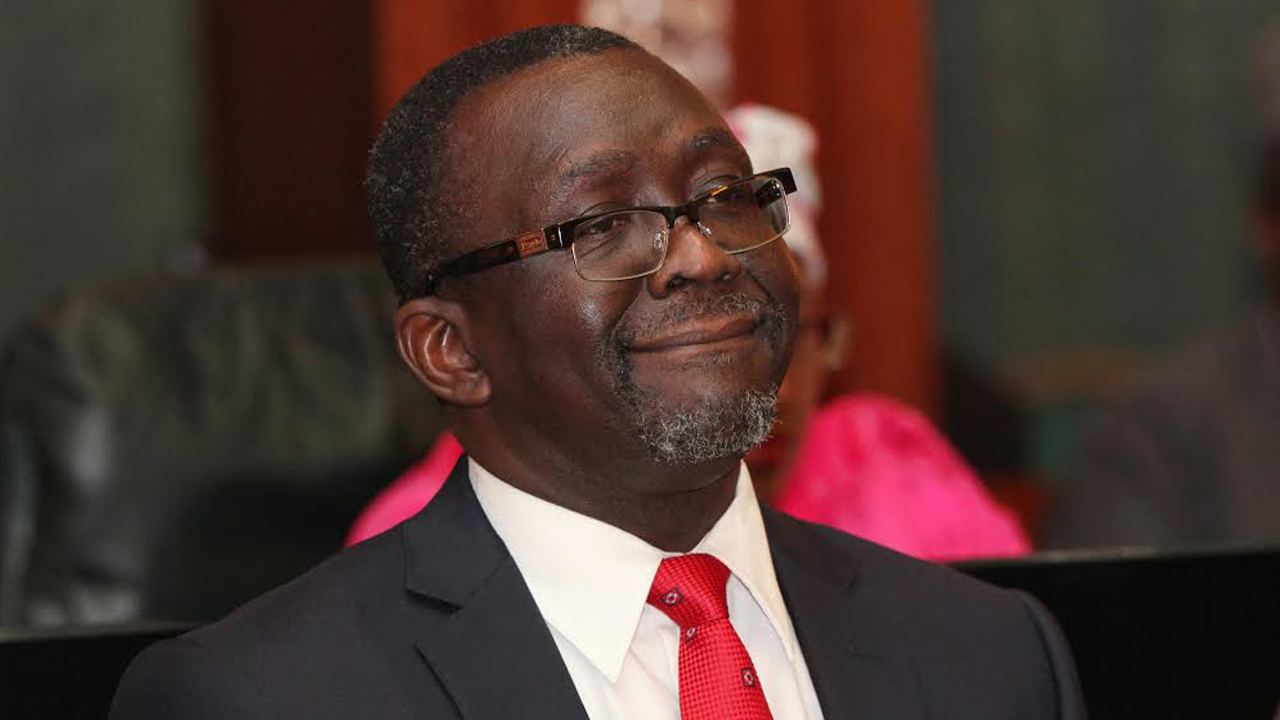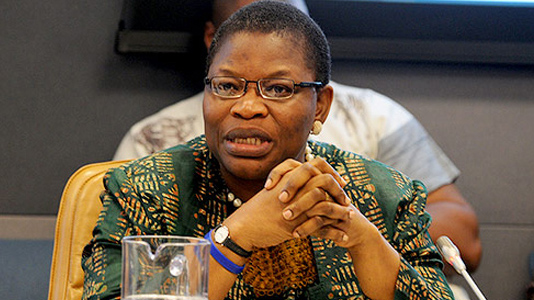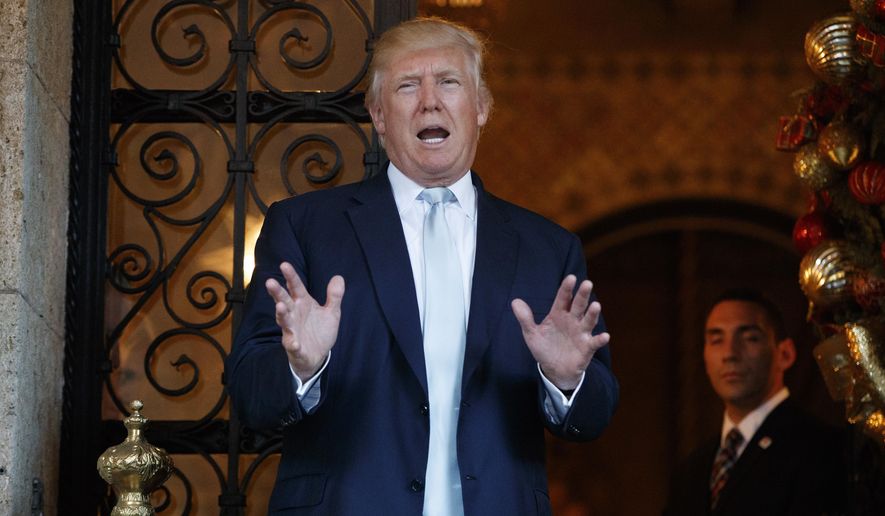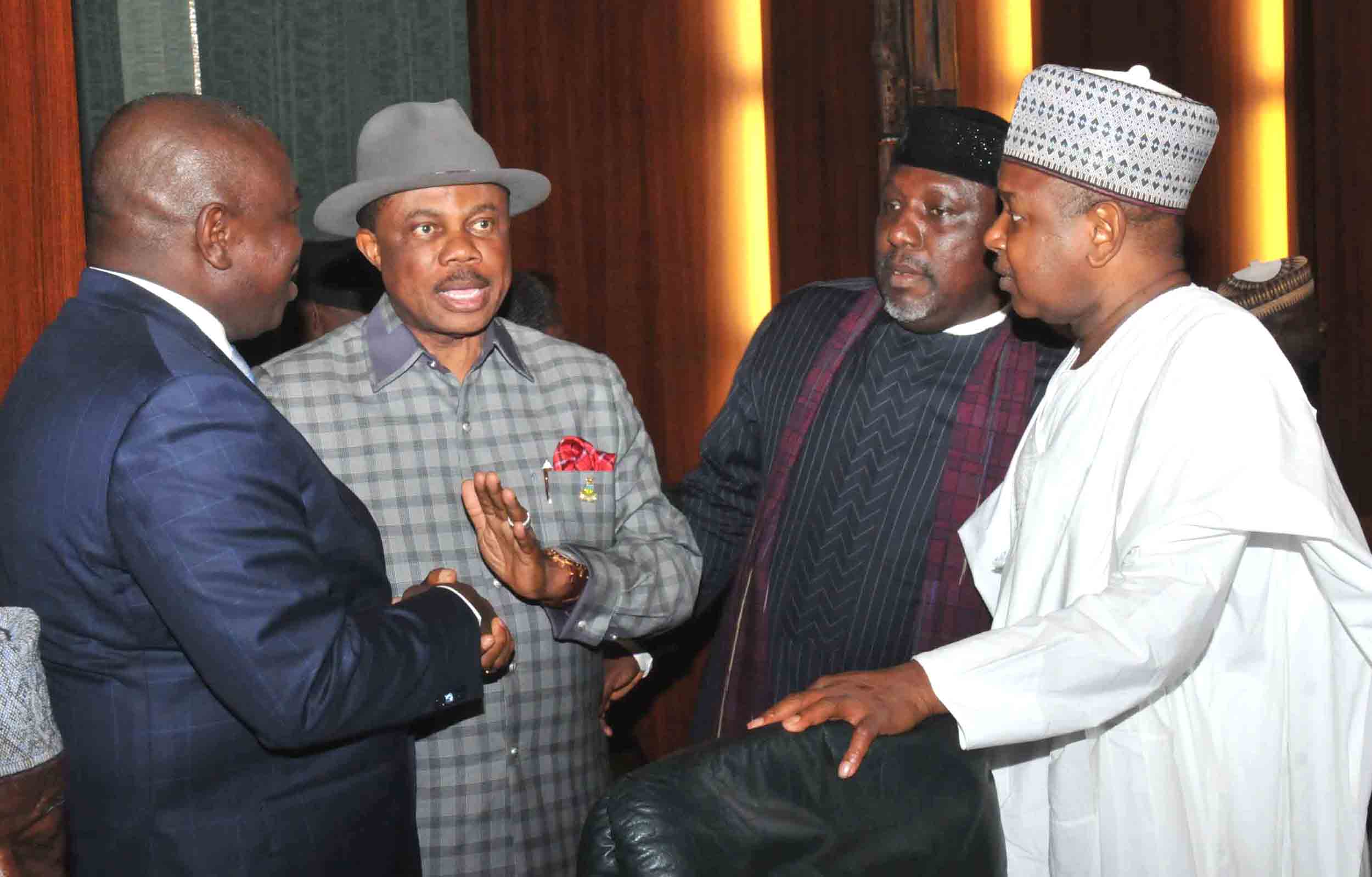Finally, after five painful quarters in the red zone, the Nigerian economy eventually inched its way out of recession, expanding by 0.55 percent year-on-year in the second quarter of 2017. The country made its way out of the worst economic recession since Ibrahim Badamosi Babangida.
According to World Bank figures, the last time Nigeria’s gross domestic product fell by over one percent was in 1987, when the country was in a romantic relationship with a structural adjustment programme driven by the International Monetary Fund (IMF) and the Babangida adminitstration.
The programme was considered necessary in the first place after bouts of recessions from Shehu Shagari to Muhammadu Buhari, who led the country from 1980 to 1985. Unfortunately for us, at Buhari’s second coming, the country also slid into another economic recession, riding on the same premise seen in the 1980s; corruption and low oil prices.
Fortunately, this time around, the country was not subject to an external structural adjustment programme. Kemi Adeosun, minister of finance, said Nigeria must solve its own problems by itself this time around, insisting that the IMF is the lender of last resort.
Advertisement
“What IMF does for you is that it gives you programmes for reforms, we are already doing as much reform as any IMF programme would impose on Nigeria,” Adeosun had said at the height of the recession.
“Nigerians want to take responsibility for their future. We must have our home-grown, home-designed programme of reform, that Nigerians take ownership for, because they are painful reforms.
“When you go through this type of adjustment of your economy, these reforms are very painful, and they have to be home-grown. We have to take responsibility for this ourselves, so that when it succeeds, Nigerians would say; yes, we did this.”
Advertisement
LIES WE MUST NOT TELL OURSELVES
LIE: IT’S PARTY TIME
No IMF loan, no IMF-driven structural adjustment programme (SAP), yet we are out of recession. Is this not party time? No, it is not party time. It is payback time.
Yes, we did not take the IMF facility, but we took many facilities that we would need to pay back. Adeosun also said “we are not seeking loans from the IMF; the IMF simply gave us technical support. We are seeking budget support loans from the World Bank and from the ADB, and we are making progress with that”.
Asides the facility taken from the African Development Bank, and the World Bank, the federal government also took periodic loans from the Central Bank of Nigeria (CBN) to the tune of N4.7 trillion as at December 2016.
Muhammadu Sanusi II, the emir of Kano, had said the “CBN claims on the FGN now tops N4.7 trillion — equal to almost 50% of the FGN’s total domestic debt”.
Advertisement
With our debts at a record high, it is time to reverse the trend, not to spend more money on a dead cat bounce.
LIE: WE ARE OUT OF THE WOODS
Are we out of the woods? No, we are not. Balls bounce, stones bounce, however little, but dead cats do not bounce. However, If you throw a dead cat from the top of Cocoa House, one of the tallest buildings in Nigeria, it would also bounce. The economy grew by 0.55 percent on the wings of what some would refer to as a dead cat bounce.
History teaches that Nigeria and oil prices are siamese in nature; for every leap in oil price, there is a corresponding growth in the economy. For every relapse in oil prices, there is a similar downward trend in the economy.
According to IMF’s projections for 2017, the economy will “grow by 0.8 percent in 2017 as a result of a recovery in oil production, continued growth in agriculture, and higher public investment”.
Advertisement
With a steady increase in oil prices, we can only expect a corresponding growth in the economy. credit must be given to this government for its agricultural revolution. But until our economy becomes immune to oil fluctuations, we are not out of the woods.
LIE: NO MORE RECESSION IN BUHARI’S ADMINISTRATION?
We have seen a lot of sycophancy in the corridors of power within the last year. We have had a lot of “Napoleon is alway right” attitude, and this must not be transferred into economic matters. Soon, statements will be flying around congratulating the president for getting us out of recession. But we must keep our eyes on the ball to avoid another recession.
Advertisement
“Available forecasts of key macroeconomic indicators point to a fragile economic recovery in the second quarter of the year,” Emefiele said at the last monetary policy committee (MPC) meeting.
“The Committee cautioned that this recovery could relapse in a more protracted recession if strong and bold monetary and fiscal policies are not activated immediately to sustain it.”
Advertisement
We have seen the first part of Emefiele statement confirmed today, but we must heed the second portion, lest we go the way of 1980s.
LIE: WE CAN DO BUSINESS AS USUAL
Now that the economy is back on its foot, investors will fly in, companies will become a little more liberal, and government may just bag the licence to do and undo.
Advertisement
In all we do, we must not relax, we must not return to business as usual, we — as a matter of duty — must continue with our frugal policies. No return of private jets for ministers, first class tickets for heads of government parastatals.
We will be tempted to return to our old ways, but more than ever before, we must remain resolute in our economic management, perhaps better than we were while in a recession.
Add a comment

